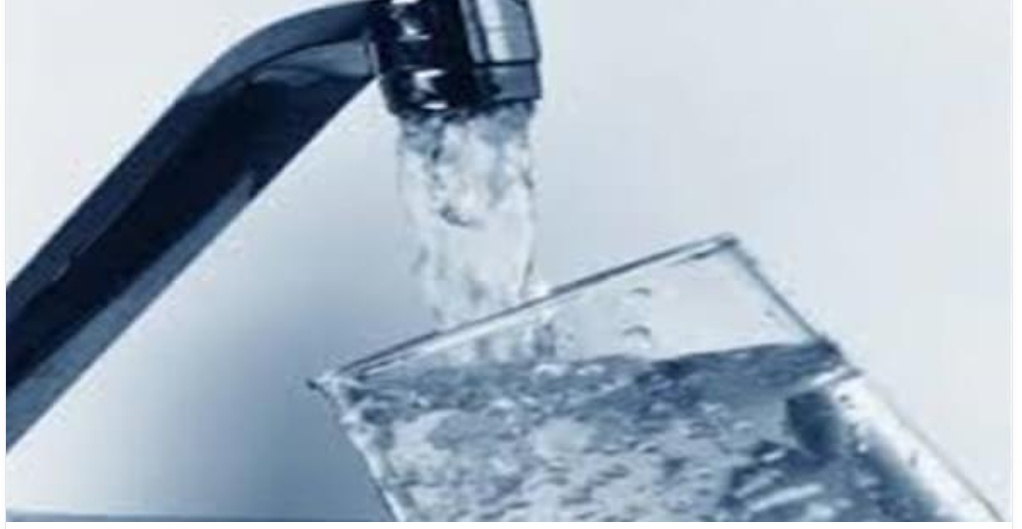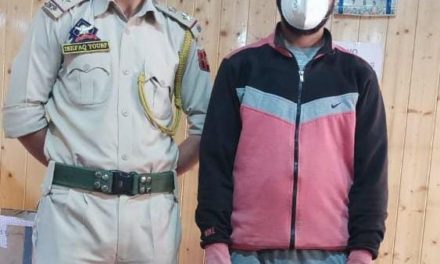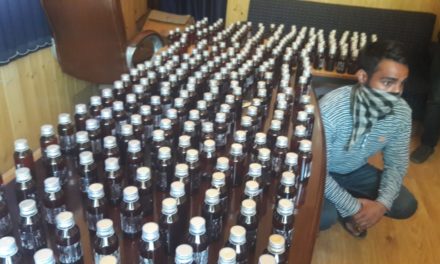![]()
KNZ NEWS DESK
Srinagar, July 28 : Government hospitals here are allegedly lacking pure drinking water facilities.
Visitors said that one who drinks available lot from the taps is feared to catch any water-borne ailment, including deadly hepatitis or gastrointestinal infections.
This Kashmir News Service (KNS) correspondent when visited various government hospitals here in city including SMHS, LD Hospital, Bone and Joint Hospital, JVC hospitals, the patients and their attendants said one thing in common, Absence of pure drinking water. “While over the years, in the wake of rise in water-borne diseases, people avoid consuming water directly from the government supplies meeting the consumer needs through taps, the health authorities seemingly slept over the issue,” said one of the health officials.
He said that that in the backdrop of government advisories, particularly during summers that water be boiled for some 20-minutes before drinking, the general public notion has been that the water supplied by the Public Health Engineering (PHE) department isn’t fit for direct consumption.
And while most doctors agree to it, the government hospitals have been caught sleeping.
Given the inflow of patients and their attendants from across far and wide of Kashmir, not all are expected to be carrying along potable water from home at the hospitals in Srinagar.
While those who can afford to buy bottled drinking water from open markets, don’t mind spending Rs 15 to 20 for a litre, others have no options but to bank on the tap. The fresh water consumption from tap, on the other hand, ships with health risks. “This is a known fact now that tap water is just not safe for consumption unless purified through methods like boiling or specialized filtration,” said a leading Gastroenterologist, requesting not to be named.
Sources said that many visitors here in the hospitals have fallen sick because of the tap water consumption.
Ali Mohmmad (name changed), a young man from Manasbal Ganderbal recapped his woeful tale. The man said before two month, he fell sick within days after attending his ailing sister at SKIMS Hospital. Narrating the incident, Ajaz said, his sister was hospitalized for some ailment. “Due to the huge distance from hospital to SKIMS nobody could bring water and meals from home and so we were left with no options but to bank on the hospital resources. We consumed tap water,” the man recapped. What happened next brought a twist in the story. Though his sister recovered and was discharged from hospital, the duo was subsequently diagnosed of suffering from a liver infection. “Doctors told us that it was because of consuming impure water. We for sure know that it happened at SKIMS because otherwise we drink only purified water,” the family said. Medicos said lack of pure drinking water badly affected healthcare, more so in the past years of summer.
Hundreds of patients from the state seek medical help in other parts of country every year due to poor infrastructure. There are 20,306 government hospitals in the country. Rajasthan leads with 3,145 hospitals and Jammu and Kashmir stands at the number two with 2,812 hospitals. Going by the statistics, J&K has the higher number of health institutions in rural and urban areas than neighbouring Himachal Pradesh (160), Punjab (240), and Haryana (159).
Uttar Pradesh, the most populous state, has only 831 hospitals.
A senior Health Department official said since 2005, when J&K received massive Central funds under the Prime Minister’s Reconstruction Programme, crores of rupees had been spent on the construction of new hospital buildings across the state, but not much was invested in training manpower, rendering buildings idle and useless. “For decades, narrow political aims have led to construction of hospitals in an unplanned manner. How will these be run was never given a thought” sources maintained. (KNS)















